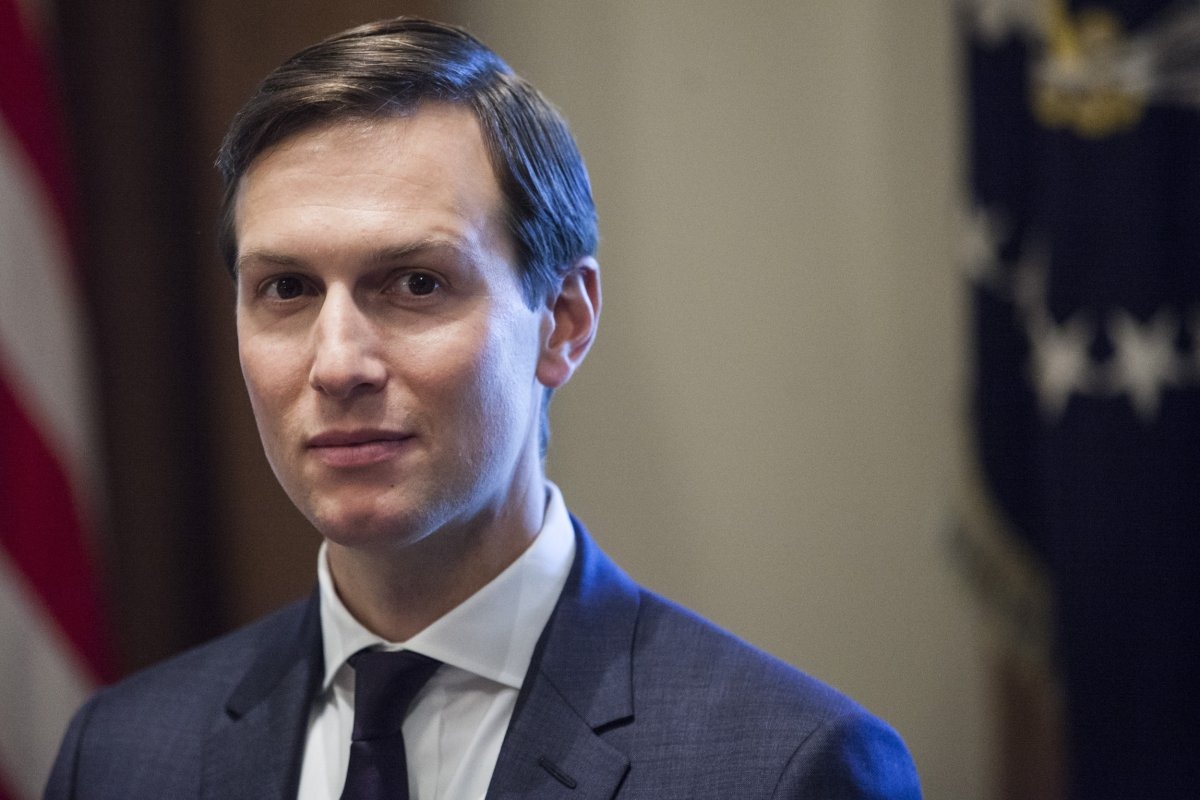Jared Kushner, the son-in-law of former President Donald Trump and a key figure in crafting Trump’s Middle East policy, recently stirred controversy with comments suggesting a drastic approach to Gaza’s civilian population.
In a March 8 interview with Harvard University’s Middle East Initiative, Kushner proposed pushing Gaza civilians into Egypt or Israel’s Negev desert, a suggestion condemned by critics as tantamount to ethnic cleansing.
Kushner’s remarks, widely reported on Tuesday, outlined a plan to relocate civilians from Gaza’s Rafah area, home to over 1.5 million people, including many children.

He suggested utilizing diplomacy to facilitate their movement into Egypt, acknowledging resistance but expressing belief in its feasibility. Kushner proposed clearing out the Negev desert in Israel and relocating people there despite anticipating pushback.
As a key architect of Trump’s Middle East policy, Kushner’s comments offer insight into potential U.S. approaches to Gaza should Trump secure another term. Trump himself previously advocated for Israel to “finish the problem” in Gaza, a sentiment echoed by Kushner in the interview.
Kushner’s suggestion to relocate Gaza’s population stirred particular concern, with critics denouncing the proposal as ethnic cleansing. He also suggested that Gaza’s waterfront property could hold value, further igniting controversy.

Responding dismissively to concerns about preventing Gazans from returning to their territory, Kushner implied that Gaza was already irreparable. He also asserted that Israel had made greater efforts than other countries to protect civilians despite contrary evidence.
Kushner’s comments have reignited debate over the Israeli-Palestinian conflict and the ethical considerations surrounding potential solutions.
Critics argue that his proposals ignore the rights and well-being of Gaza’s population, raising questions about the moral implications of such strategies.
Kushner’s remarks underscore the complex and contentious nature of the Israeli-Palestinian conflict, highlighting the need for nuanced and compassionate approaches to address the humanitarian crisis in Gaza while striving for lasting peace and stability in the region.


